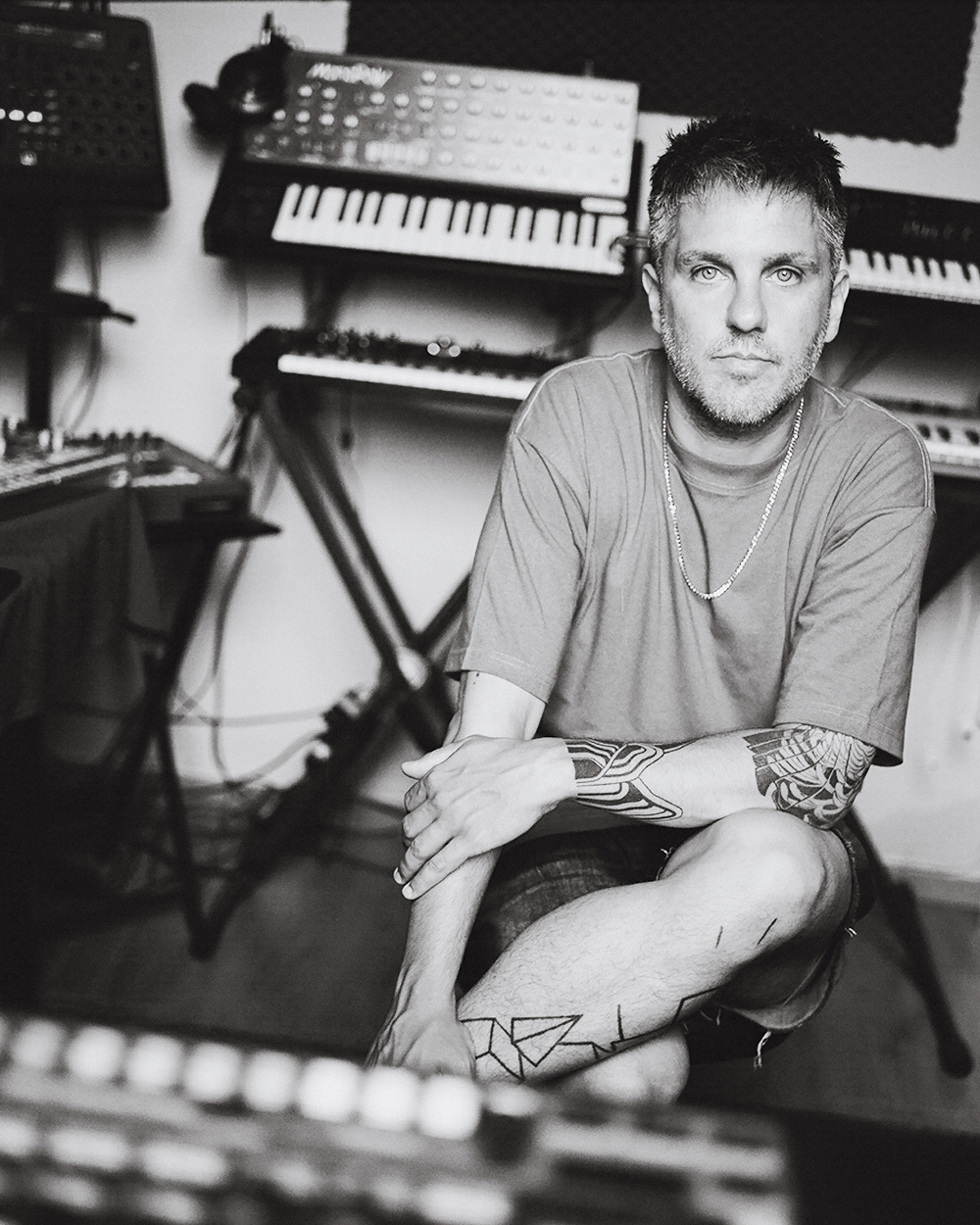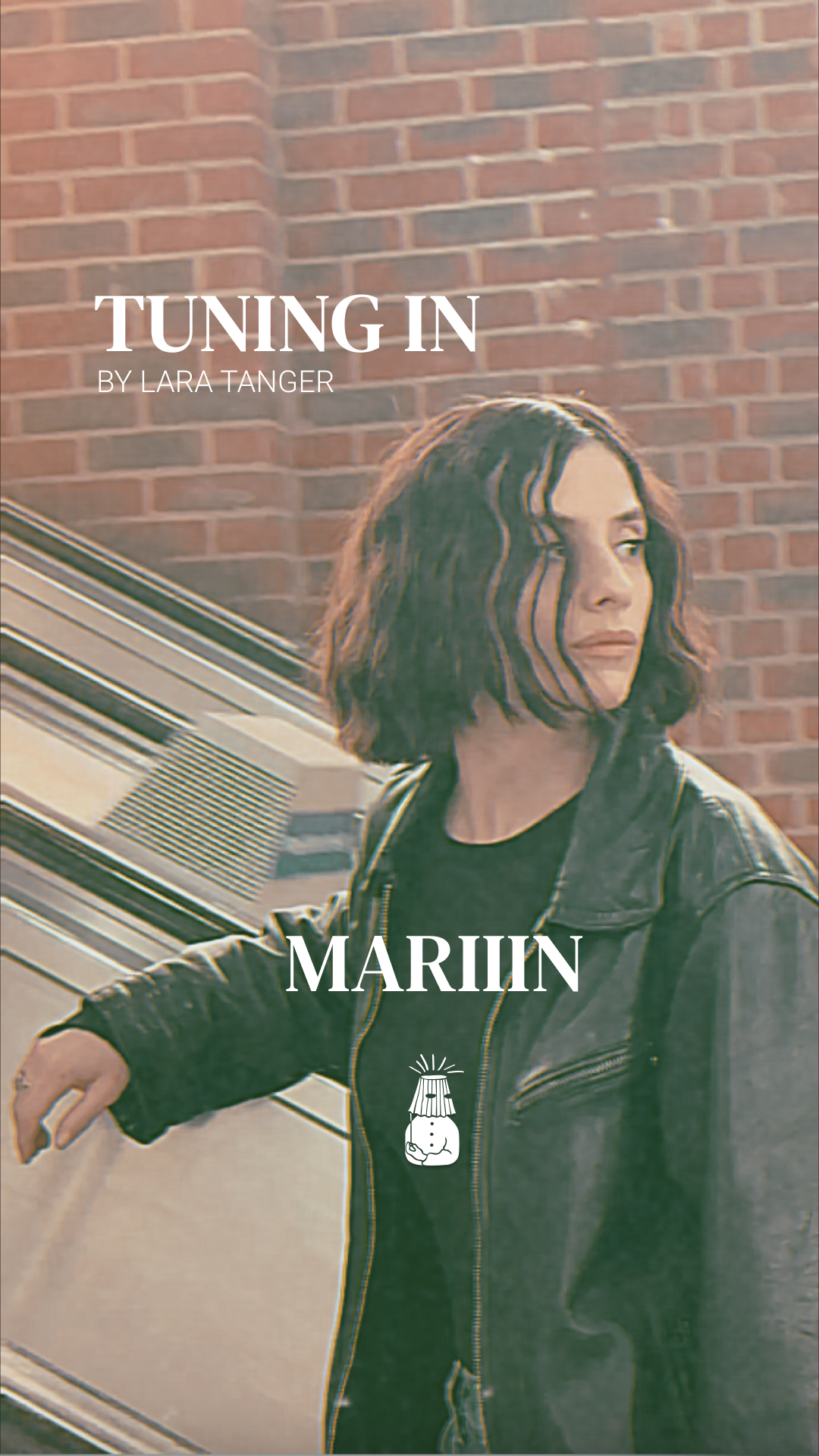The science behind Club Culture...
House music is the foundation of the electronic music scene as we know it today. Club culture is rooted in House music and vice versa! Club culture is about so much more than just dancing and music though. It’s also about community. In a world that often feels divided and disconnected, club culture provides a space where people can come together, let loose, and be themselves. It's a space where differences arecelebrated and individuality is valued, creating a sense of belonging and acceptance that can be hard to find in day to day life.
At its core, house music is all about rhythm and groove and at the core of club culture is where music and community come as one. It’s about connection - connection with music, connection with other people, and connection with yourself. House music emerged from the underground clubs of Chicago and New York in the 1980s, with a focus on bringing people together from diverse backgrounds and marginalised communities. House music, to this day, is a genre that has been celebrated for its ability to unite people on the dance floor and is in fact a celebration of all humans, regardless of race, gender, or sexual orientation. An adoration of individuality, is really what it is.
Music and partying have long been a source of inspiration for people all around the globe. From the underground clubs of Berlin to the beaches of Ibiza, club culture has bonded people from all walks of life. I’m writing this in Melbourne, for a ZABAM based in Lisbon and you might be in London reading this, or Amsterdam, or anywhere and we are connected through our passion for music and all the richness it brings to our lives.
I’d like to share my observations on exploring the societal and individual benefits of club culture, music, and unity, and why dancing to music you love can help us resonate with people much quicker and deeper than any other social setting.

We know that music generally has a unique ability to bring people together and create a sense of oneness. I must highlight that this is applicable when there’s a common interest in the genre specifically. It’s worth noting that personal preferences play a big role in what kind of music we enjoy and therefore, what kind of music we're more likely to dance to. When we hear music that we love, (the emphasis here being music that we LOVE) it can trigger a rush of positive physical reactions, resulting in emotions, such as happiness and excitement as well as boosting our energy. On the other hand, when we hear music that we DON’T like too much, it may not elicit the same emotional response. In fact, it might even trigger negative emotions like boredom or frustration. This may explain why friend groups usually share a taste for certain music styles. It’s surely no coincidence that 90% of my friend circle loves electronic music. The rapport we build with friends that we’ve met at the club or festival while dancing to music we love, can feel different to the relationships we have with mates that we met in another environment, for several reasons.
The social context of dancing to music can create a more intense experience. When you're out dancing, you're often in a crowded, energetic environment, surrounded by other people who are also enjoying the music and responding in a similar way. There’s a unified excitement and enthusiasm, which can be infectious and lead to feeling that we ‘fit in’. When you meet someone while dancing to music, you know that you already have something in common, and that you're likely to have similar tastes and interests. Firstly, anyone at the same party as you either knows someone you know, likes the same music and artists as you or frequents the same venues as you. All of these circumstances create the perfect opportunity to build rapport or make a new acquaintance, with ease.
Some of the connections we make on a night out will be very short lived, just for a few hours even, but feel so much more intense because of that on-the-spot bond! Knowing you’ll meet people on nights out and it be a sort of “no strings attached” friendship can create a sense of freedom and spontaneity that's not always present in our day-to-day lives. That can keep us very present and being present puts our minds in a better state to meet others and contributes to a perfect night out.
Music has been an integral part of human culture for thousands of years, with the ability to influence our emotions, behavior, and even physiology. As mentioned above, there are physical reactions within us from hearing music we love and then dancing to it. Let’s look at some of them.
Recent research has shed light on how music and its beats per minute (BPM) can sync with our brains to put us in a more open and social mindset, making us more receptive to making friends and forming a social network. When dancing to music we love, chemicals are released in our brains (may I add here, NATURAL chemicals, without the assistance of external synthetic chemicals) that are associated with feelings of pleasure and reward. That chemical is dopamine. This release of dopamine has been proven to increase social bonding and feelings of closeness with others. No wonder it’s easier to make friends on nights out rather than at the office. We are almost fast tracked in making friends due to the elements around us and the environment that stimulates these natural chemicals to be produced, working as a social lubricant, encouraging us to be more forward, more relaxed, confident, able to be ourselves, spark up conversation and dance!
One study found that participants who listened to music together and experienced a dopamine release reported feeling closer to each other and more connected, even if they were strangers BEFORE the experiment. The other main chemical released by our brains in this state is Oxytocin, AKA the love hormone. Also released during and after (good) sex and while we hug. This release of oxytocin has been linked to increased feelings of empathy and social bonding, which (not surprisingly) can make us more receptive to meeting new people and forming new relationships. It’s the most bonding hormone we have!
We know that music can have a calming effect on our nervous system, reducing feelings of stress and anxiety and again, making us more open to social interaction.
On top of this there’s something that really fascinates me about music and human bonding. Which I think might be the most powerful in terms of bringing us to the “friend making” zone on nights out. It’s about how the BPM can physically influence our brain waves. When we dance (to music we love), our brain is literally syncing up with the beat, creating a sense of familiarity and unity with what and who is around us. This state is known as entrainment. Entrainment in the most simple form is where one system of frequency “syncs’ with another system of frequency. For example, Music and our brains.

The brain BPM and electronic music that we enjoy, are working at a similar BPM. Research has shown that music with a moderate tempo of around 120 beats per minute can cause the brain to synchronize with the rhythm of the music, creating that state of entrainment. They sync into each other and this phenomenon of entrainment, when married with the hormonal releases, (which also impact brain waves) and the external stimuli of music, is literally the reason we are able to make friends in the music world with deeper and faster bonds than friends we make outside of our music world. I do wonder if the music being loud and the physical vibration being felt by the body also contribute to this experience. If we consider rhythms, emotional state and synchronization, It would be safe to assume so.
There’s one more thing I'd like to touch on before concluding.
Since writing this article, I’ve had many chats with people on what their thoughts are on this. Of course, the conversation of drugs and alcohol arises. MDMA, Pills, Cocaine, also all contributing to the release of the same hormones, a sense of relaxation, a new brain chemistry. However the risks and consequences associated with their use far outweigh any perceived benefits. When under the influence of a synthetic heightened state, it can impair our judgment and coordination, it can also lead to poor decision-making and risky behaviours which leave us with an aftermath of depleted emotions, low energy and mood swings.
I’ve been partying sober for some time. I’ve been running an event in Melbourne which is sober friendly and has had a large number of attendees also, sober. The energy on the dance floor here has been the most vibrant I’ve seen in YEARS. As a DJ, the crowd has been so responsive, that performing at events where there is heavy drug and alcohol use, has seemed somewhat a bit stale, or sub par in comparison. Perhaps I’ve noticed not as much energy on the dancefloor. It has had me questioning for a while. In relation to the power of music, BMP and brain synchronicity (entrainment) along with a safe environment, I’m not convinced that synthetic contributions have such an effect as we think, when it comes to meeting new people and building lasting relationships.
Since running this event, like any event sober or not, I’ve met people, had deep and meaningful discussions, found common ground, danced and laughed with many. However, the bonds seem to be more genuine and somewhat more profound as there is no influence at all, it’s just an honest connection. It leads me to believe, and wholeheartedly too, that the most powerful and perfect medium for human bonding is music with a steady BPM, as long as it’s your preferred genre.
It’s apparent that music and BPM can have a profound influence on our brains, putting us in a more open and social mindset that is conducive to building a network and forming social connections. Through the process of entrainment, dopamine & oxytocin release, along with emotional regulation, music is a source of energy for our physical bodies and is an accelerator to creating a communal unit. We always knew this,
but to know the science behind it puts more meaning into our dance floor made relationships and helps to understand why our friends made through the music circuit, can be more profound and weighty than friends we make in other social settings. So the next time you're out dancing to your favourite type of music, remember that you're not just having fun and letting loose - you're also tapping into a powerful force that brings us together and makes the world a more connected and harmonious place. This experience can remind us that we’re not alone - we’re part of a vibrant and welcoming community that is bound together by the power of music and you can find it anywhere in the world.
For me, that is the route and the core of club culture and it's a vital part of wellbeing for millions of music lovers around the world and it’s on us to keep contributing and preserving it.
Follow Miss Farina:


















